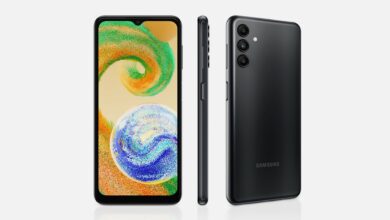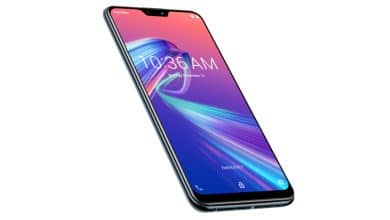
Smartphones and other electronic devices have no influence on an increased tumor risk in adolescents. At least that is what a recently published long-term study by the Federal Office for Radiation Protection proves.
BfS: No link between smartphones and risk of brain tumors
“The use of cell phones and DECT phones does not increase the risk of brain tumors in children and adolescents,” reads the introduction to the press release from the Federal Office for Radiation Protection (BfS), which summarizes the results of a long-term study.
In a detailed assessment, the office also sees no link between the use of smartphones and other electrical devices and an increased risk of brain tumors in adolescents. The BfS thus shares the assessment revealed by the results of the international MOBI Kids study.
According to BfS President Inge Paulini, the new results help eliminate residual scientific uncertainties. “They confirm that the limits applicable in mobile communications protect adults and children.”
Results of the MOBI Kids Study
The underlying MOBI Kids Study is a large-scale research study that examined around 2,800 children and adolescents from a total of eight European countries, including Germany, as well as Israel, Australia, Canada, Japan, Korea and New Zealand between 2010 and 2015.
The adolescents were asked about the duration and frequency of their use of cell phones and DECT phones. The participants included 800 children and adolescents between the ages of 10 and 24 who had been diagnosed with a brain tumor.
Comparing the findings between the ill and healthy adolescents, the study concluded that the risk of developing a brain tumor was no higher among regular users of cell phones than among those who rarely reached for their smartphones.
“There was even a tendency to decrease the risk of disease with the intensity and duration of use, especially in the age group of 15 to 19 years,” it says on the part of the BfS further. However, this is attributed to a methodological bias. For example, because the information on the usage behavior was partly given by the parents.
The new findings from the MOBI Kids study are in line with the results of previous research. However, due to the higher number of participants and longer duration, it provides significantly more information.



